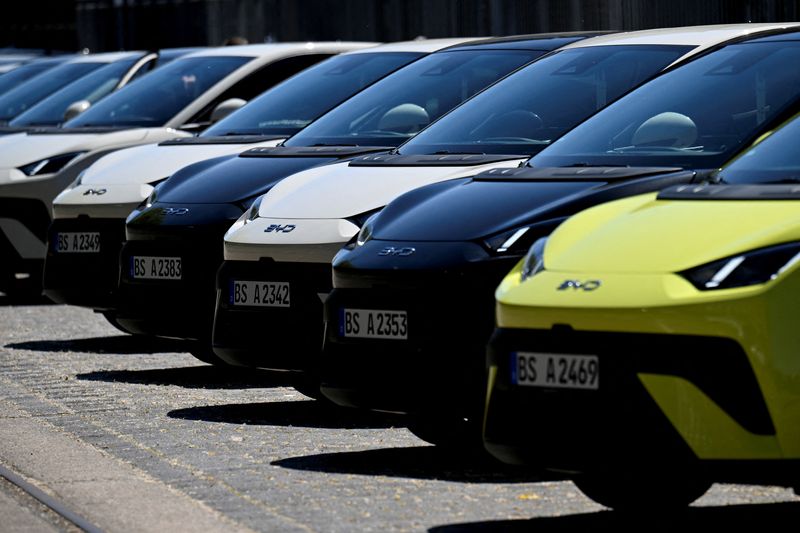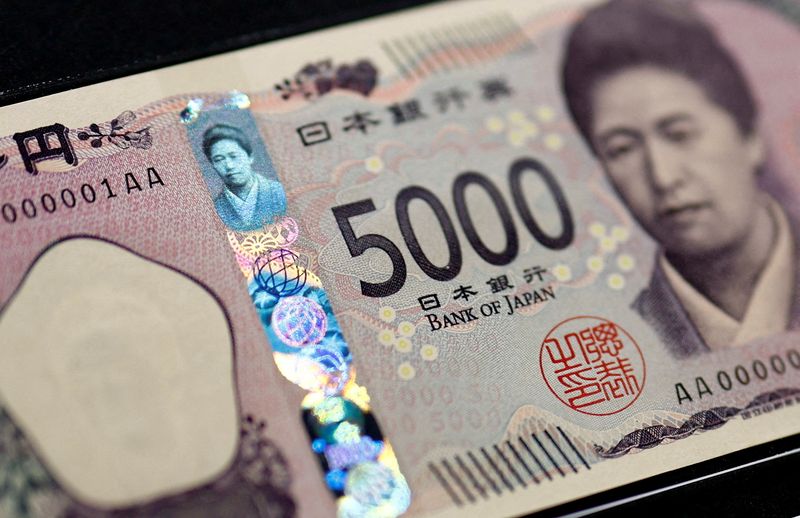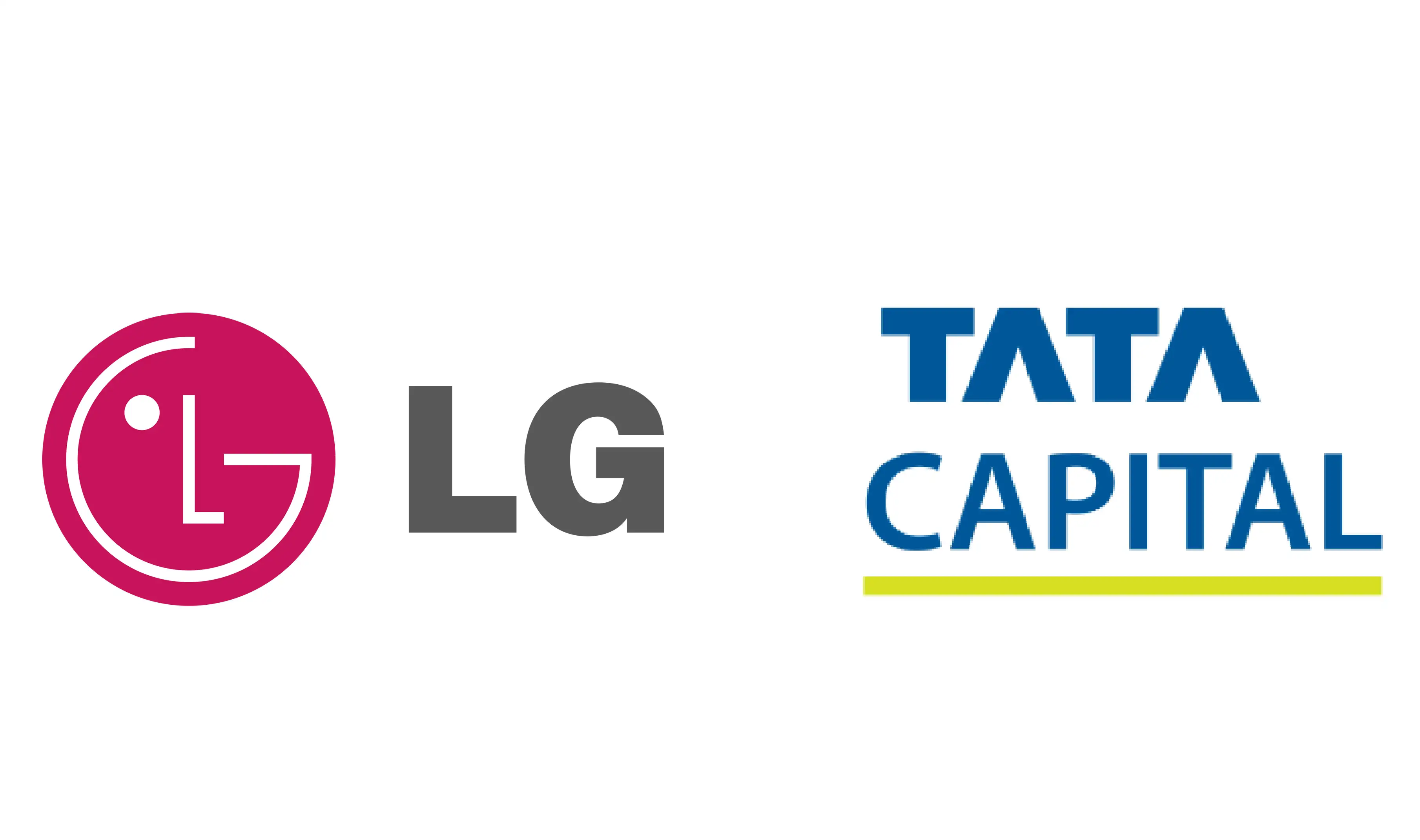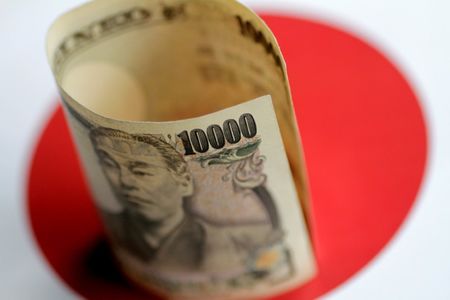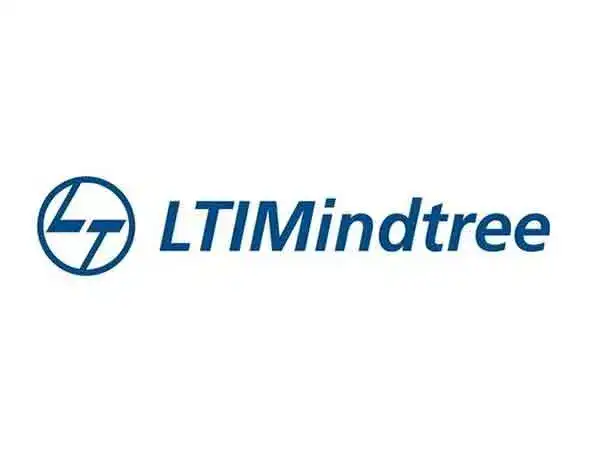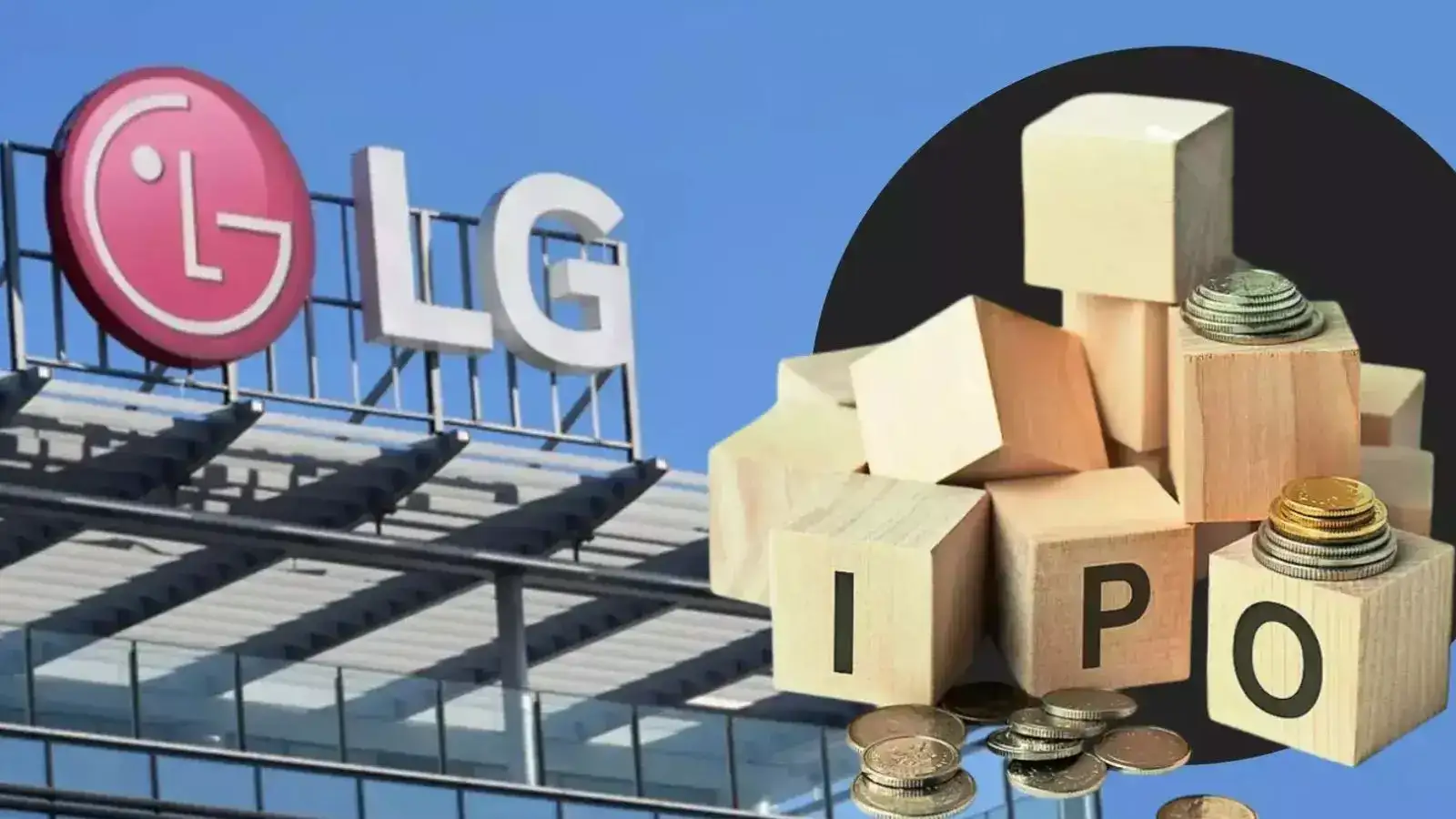Why Europe Remains a Tech Champion
Europe is often vilified as behind-the-times when it comes to tech innovation, seemingly out-gunned by global behemoths in AI and supercomputing development in Asia and the United States. But there is a growing sense that Europe is catching up—in spite of its recent commitment to buy $40 billion of U.S. chips. Several specialised tech companies across the continent are transforming Europe’s global reputation and the way we think about the future of the global tech ecosystem. Europe’s harshest critics are often its own citizens. Whether the bar is set by the innovation prowess of the U.S. or the manufacturing might of Asia, the refrain is familiar: Europe isn’t doing enough. There is some weight to this argument. There remain gaps in funding scale, advanced chip design is absent, and coordination across borders can be slow. But this is not the whole story. In the shadows of Silicon Valley headlines and Chinese industrial scale, Europe has been quietly building the capacity to lead in ar...
Europe is often vilified as behind-the-times when it comes to tech innovation, seemingly out-gunned by global behemoths in AI and supercomputing development in Asia and the United States. But there is a growing sense that Europe is catching up—in spite of its recent commitment to buy $40 billion of U.S. chips. Several specialised tech companies across the continent are transforming Europe’s global reputation and the way we think about the future of the global tech ecosystem. Europe’s harshest critics are often its own citizens. Whether the bar is set by the innovation prowess of the U.S. or the manufacturing might of Asia, the refrain is familiar: Europe isn’t doing enough. There is some weight to this argument. There remain gaps in funding scale, advanced chip design is absent, and coordination across borders can be slow. But this is not the whole story. In the shadows of Silicon Valley headlines and Chinese industrial scale, Europe has been quietly building the capacity to lead in areas that matter most for the coming decades: high-performance computing, green tech, quantum research, and the sovereign control of digital infrastructure. It is a leadership style very different from the brash, scale-at-all-costs approach of American unicorns or the state-driven industrial marathons of East Asia. Skype founder Niklas Zennström sees the next decade of European tech as one of ”mobilisation”, where Europe is poised to lead the sector with “profit with purpose” in mind. He believes Europe is ready to lead the technological revolution. Indeed, European tech grows through networks, shared standards, public-private partnerships, and an almost stubborn commitment to values as much as to performance. The introduction of the European Chips Act has sought to provide a regulatory framework designed to symbolise European will to do better on all fronts, and the signs are generally promising. The European way In the public imagination, technology leadership is measured in global brand recognition. Think of the intellectual weight carried globally by brands such as Apple, Samsung, Google, Huawei. When held to such a global standard, Europe can seem somewhat by the wayside. But dig into strategic sectors and the picture changes, not least thanks to an increasing collection of smart, innovative, well-funded tech startups driving forward European, and even global, tech capabilities. In parallel, continental research institutes and industrial groups helping to deliver world-class advances, often in niches that will underpin the next wave of innovation: semiconductors, supercomputers, AI development… European scientists also lead in fusion energy experiments, photonics, and climate modelling, and are taking concrete steps to reduce its reliance on American science. The European Union’s Galileo satellite navigation system, dismissed in its early years as redundant beside GPS, is now one of the most precise in the world, used globally in everything from autonomous vehicles to precision agriculture. In high-performance computing, Europe has committed not only to running the fastest machines, but to designing the chips that power them. This move is as much about development as it is about technological sovereignty, as the dependence on foreign processors for critical workloads, from defence simulations to vaccine research, has been a strategic vulnerability. Europe’s answer is to reclaim design control while integrating with global supply chains where it makes sense. This has meant a push for onshoring manufacturing and development. To achieve this, companies like French firm SiPearl form part of a wider strategy that involves technological prowess and European innovation. Founded under the European Processor Initiative, SiPearl’s first processor, Rhea1, will drive JUPITER, the EU’s first exascale supercomputer in Germany. The fact that it is currently designed in Europe but manufactured in Taiwan underlines the blend of independence and interdependence that defines the European approach. But companies like SiPearl see their long-term development as part of a drive for European independence and technological sovereignty. As CEO Philippe Notton puts it: “SiPearl is just one element needed to reach complete sovereignty, but this necessitates microprocessors, accelerators, a full software stack and data centres. There are multiple market technology segments that should be mastered by companies like SiPearl in order to help Europe gain true independence.” Supporting companies like SiPearl is therefore about sustaining a cornerstone of Europe’s wider digital sovereignty agenda. The firm is already a flagship of the European Processor Initiative, working hand in hand with partners such as Atos-Eviden, the Barcelona Supercomputing Center, CEA, and Fraunhofer. Its Rhea1 processor is a test case for Europe’s ambition to reduce reliance on non-European chips. As European Commissioner Thierry Breton has repeatedly stressed, “without an autonomous European capacity in microelectronics, there will be no European digital sovereignty,” and without innovative companies, Europe risks being left behind in a sector dominated by U.S. and Asian giants. Ensuring that these firms have the scale, capital, and political backing they need is vital if Europe is to translate strategy into industrial reality. Sovereignty as a competitive advantage This drive for sovereignty is inextricably linked to the U.S.–China trade war, semiconductor shortages during the pandemic, and geopolitical tensions over Taiwan. These crises have shown how quickly access to key technologies can be disrupted. Europe’s response is not to retreat into autarky, but to secure strategic layers of the tech stack: chip design, encryption standards, cloud governance, and scientific infrastructure. Projects like Gaia-X, the European cloud initiative, or the EU’s investment in quantum communication networks are not just technical play, but exercises in rule-setting. By shaping the protocols, data protection norms, and interoperability standards, Europe extends its influence far beyond its borders. But for this to work, onshoring manufacturing must happen. Skeleton Technologies, for example, is an Estonian company that has become Europe’s only vertically integrated supercapacitor manufacturer. The firm handles everything from raw materials to systems, and has focused on niche the markets where Europe has traditionally been reliant on American or Asian partners. Its graphene-based ultracapacitors power applications ranging from industrial cranes and trams to AI-driven data centers, offering high-power, high-efficiency energy storage built to last for decades. “We knew we were going for multiple unaddressed niche markets… but we were convinced that we could have a real impact by meeting their needs,” says co-founder and CEO Taavi Madiberk. Skeleton has secured over €108 million to build Europe’s largest automated supercapacitor factory in Germany, and in 2025 earned a spot in TIME’s “World’s Top GreenTech Companies” list. A quiet resurgence but challenges remain Europe’s emerging strength is not confined to any single domain. In renewable energy tech, Denmark’s Ørsted has become a global leader in offshore wind. In battery innovation. In photonics, Dutch companies are integral to the EUV lithography machines that only ASML can produce. This is a form of equipment without which no modern chip factory can operate. These examples are not meant as a roll call, but as glimpses into a broader movement. The connecting thread is that European leadership often comes where technological sophistication meets societal need: clean energy, secure communications, resilient infrastructure. The market rewards may be less immediate than a viral consumer app, but the long-term value—and geopolitical leverage—is immense. In reality, Europe’s tech resurgence remains fragile. The absence of advanced semiconductor fabrication plants on the continent is a strategic gap, even with initiatives like the European Chips Act. Competition for AI talent remains fierce, with many of the best researchers still pulled toward U.S. or Chinese labs. And the complexity of coordinating 27 member states can slow execution. But, significantly, there appears to be a window for Europe to succeed on its own terms. This will necessitate trust in European innovators, robust regulatory frameworks and strategic leadership. The future does look bright in this sense.
Advertisement




